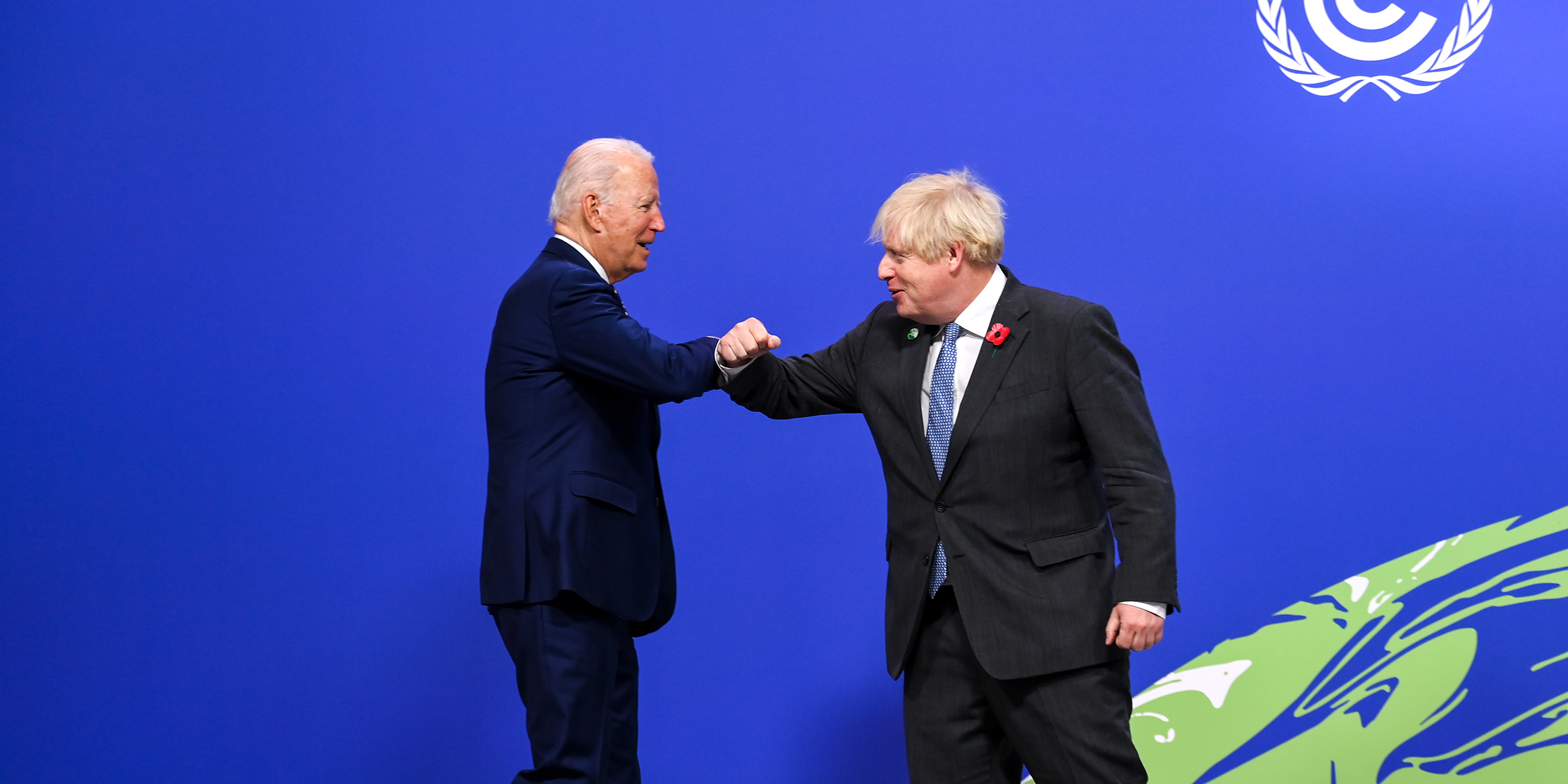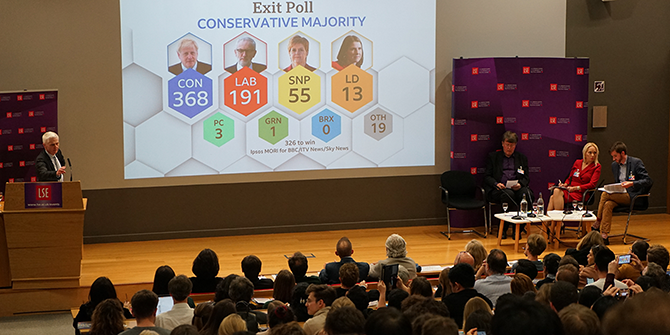Professor Leigh Jenco shares her insights about the recent film screening and panel discussion of The Wandering Earth 2 at the British Film Institute.
In 2019, before the Covid pandemic confined us all to our living rooms, director Frant Gwo released a film that considered a cosmically spectacular solution to shared global problems: rather than wait around and let our world collapse, why not shoot the whole planet into a different solar system? The Wandering Earth became a global blockbuster, whose grand scope and prolific use of CGI have earned it the title of “China’s Marvel movie.” More importantly, as the work of LSE academic William A. Callahan has argued, the film introduced Western audiences to a distinctively Chinese perspective on global problems—one that favours scientific solutions delivered by fiat, rather than through political debate. Now more than ever, as China becomes increasingly resistant to outsider scrutiny, sci-fi offers a window into how China might see itself solving the world’s problems.
A recent screening and panel discussion at the British Film Institute, funded by the British Academy, took up this question of how science fiction films might provide an unlikely source of insight into the Chinese worldview. Experts on Chinese sci-fi—including bestselling Chinese science fiction authors Stanley Chan (Chen Qiufan) and Xueting Ni; Callahan; Mia Chen Ma (Strathclyde), Hui Man Chan (UK-China Film Collab) and me (a political theorist from LSE)—focused on the blockbuster film The Wandering Earth 2. Unlike its predecessor, this prequel was primarily directed at Chinese audiences and is not widely available to view outside of China. The film focuses on the political and personal conflicts that arise as humanity tries to figure out a way to save itself from the imminent explosion of the Sun. Is the answer to human extinction the Digital Life Project, which would secure an eternal, albeit purely digital, existence to human consciousness? Or is it the Moving Mountain Project, which would move the whole Earth into another solar system with the help of humongous nuclear fusion engines?
The panel was a mix of Western and Chinese specialists, and at times we discovered ourselves focusing on different things. The Chinese speakers caught all the jokes about Shanghai real estate, and the Americans (including me) found the depiction of flat-footed American refusal to do the obvious right thing more hilarious than offensive. We all agreed that the omission of women’s perspectives in the film was rather graceless. But some of the messaging was more subtle. The film does more than simply substitute “China” for “America” as a saviour for the world’s troubles. The astonishing scope and timescale of the Moving Mountain Project—moving a whole planet into another solar system over a period of 2500 years—suggests a distinctive commitment to home and place, and a willingness to consider solutions to political problems that, far from being quick fixes, might take a thousand generations to work. It is probably no accident that 2500 years is about the same amount of time that has lapsed since the rise of Confucius.
But how Chinese is all this, really? As the panellists pointed out, having America save the day occurs so frequently in Hollywood sci-fi films it has become a defining feature of the genre (and of course, has been much-parodied in films such as Team America: World Police). Much of the tension in the story is driven by commitments to family and community which would be deeply felt by Chinese audiences (but also surely by most Western ones too!). These do introduce ethical and emotional complexity beyond the simple action formulas that drove the original film. The key antagonist Tu Hengyu (whose name in Chinese literally means “scheming for an eternal universe”) scuttles several attempts to Move that Mountain solely to acquire ever more powerful supercomputers to bring his dead daughter’s digital consciousness alive again. Many of the film’s most exciting action sequences are centred on the violent attempts by political protestors to sabotage the Moving Mountain Project, suggesting the high stakes of global disagreement about shared problems.
But these tensions ultimately dissolve against the film’s insistence that a single right answer to the world’s shared problems not only exists but is already known to those of higher virtue. And this may be the most “Chinese” thing about this film: the idea that virtuous leaders, chief among them the Chinese ambassador to the United Earth Government, Zhou Zhezhi, could go about saving the world if only people (especially those loud-mouthed Americans) would shut up and listen. Again and again, the film’s message is that humankind will be saved by its unity—not in the sense of political solidarity or shared effort for a common cause, but acceptance of a self-evident master plan to solve all human problems. In that sense the prequel to The Wandering Earth continues the work of its predecessor, insisting that virtuous leadership offers a magical charisma to light the way for all humanity. Those of us looking for more contestation in our political solutions will have to look elsewhere—but to be fair, this likely won’t be found in the average Hollywood science-fiction blockbuster either!





